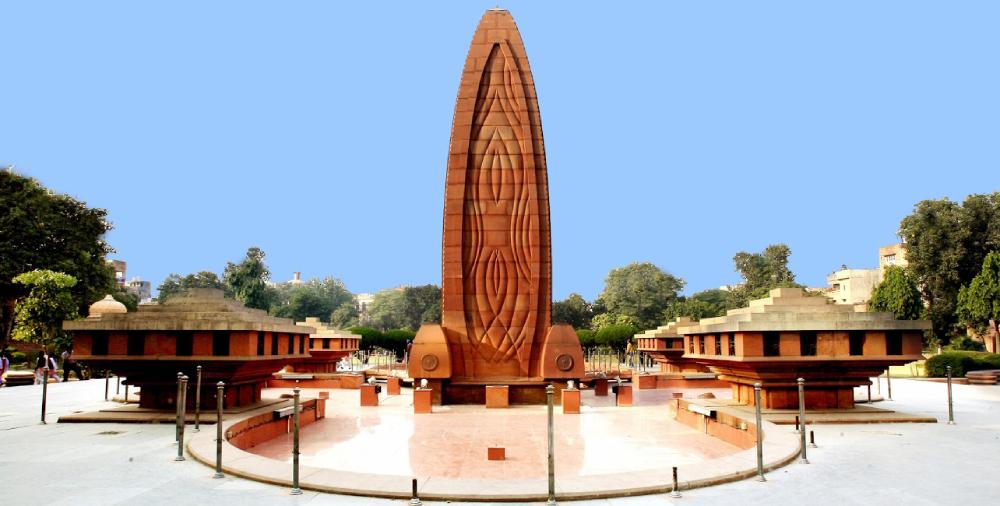The event, organised by Indian-origin members of the House of Lords, Raj Loomba and Meghnad Desai and the Jallianwala Bagh Centenary Committee, rounded off a series of events in the UK to mark the centenary of the massacre.

If Canadian Prime Minister Justin Trudeau could apologise for the Komagata Maru incident in 1914, why the British government can’t do so for the Jallianwala Bagh massacre, wondered delegates from India at a commemoration event in the UK Parliament on Saturday.
The event, organised by Indian-origin members of the House of Lords, Raj Loomba and Meghnad Desai and the Jallianwala Bagh Centenary Committee, rounded off a series of events in the UK to mark the centenary of the massacre considered by historians as a turning point in India’s freedom struggle.
Vikramjit Singh Sahney of World Punjabi Organisation said, “If Canadian Prime Minister Justin Trudeau can formally apologise for Komagata Maru, why can’t the British apologise for the Jallianwallah Bagh massacre. These were the same Punjabis who fought for them in World War I”.
The event was held in the backdrop of Prime Minister Theresa May, ministers and representatives of the UK government reiterating ‘deep regret’ for the incident, but falling short of the demand for an apology. May’s brief statement in the House of Commons, however, was seen as a step forward in the discourse of Jallianwala Bagh.
Loomba said that it needs to be investigated if the order to fire at an unarmed gathering on the fateful day was given from the top of the administration or was one decided by General R Dyer himself.
Indian high commissioner Ruchi Ghanshyam said the incident had shaken the soul of India, but also highlighted the historical strategic partnership between Britain and India.
Manjit Singh GK, chief patron of the centenary committee, highlighted atrocities committed in history and narrated individual sufferings of the Amritsar massacre. He said the British wanted to suppress the Indian masses but the tragedy intensified the freedom struggle.
Channel 4 telecast a documentary by journalist Satnam Sanghera, while The Guardian dwelt on the massacre in an editorial titled: ‘Time to see ourselves as others see us’.
The editorial said: “It is rare for a Conservative prime minister to express regret for any aspect of British imperial history. So the fact that Mrs May said anything at all was noteworthy: first, as a sign of continuing official unease at the highest level about the events of 1919 and second, as a recognition of the effect the massacre still exerts on the British-Indian relationship to this day”.
It added: “The reluctance to apologise has many strands. They include concerns about precedent, legal consequences and claims for reparations. But the reluctance to look back dispassionately, understandable in some respects, is a national burden. It means Britain can fail to face historical facts, question ourselves as a modern nation and think about complexity”.
“It can mean we fail to see ourselves as others see us. These are enduring issues, which cannot be brushed aside just because they are sometimes exploited opportunistically”.
Source : Hindustan Times




